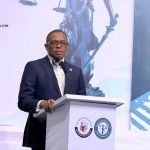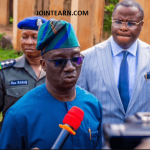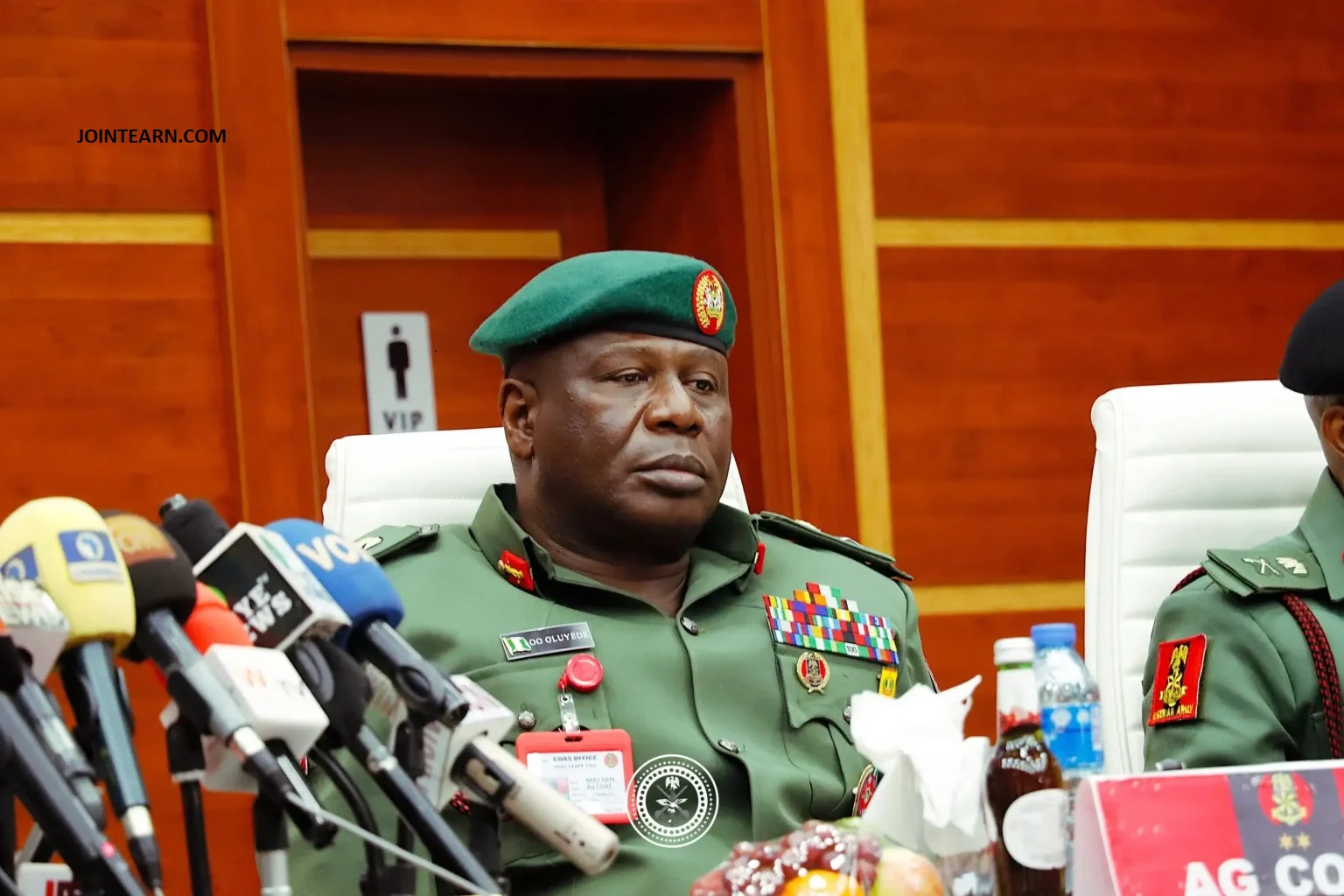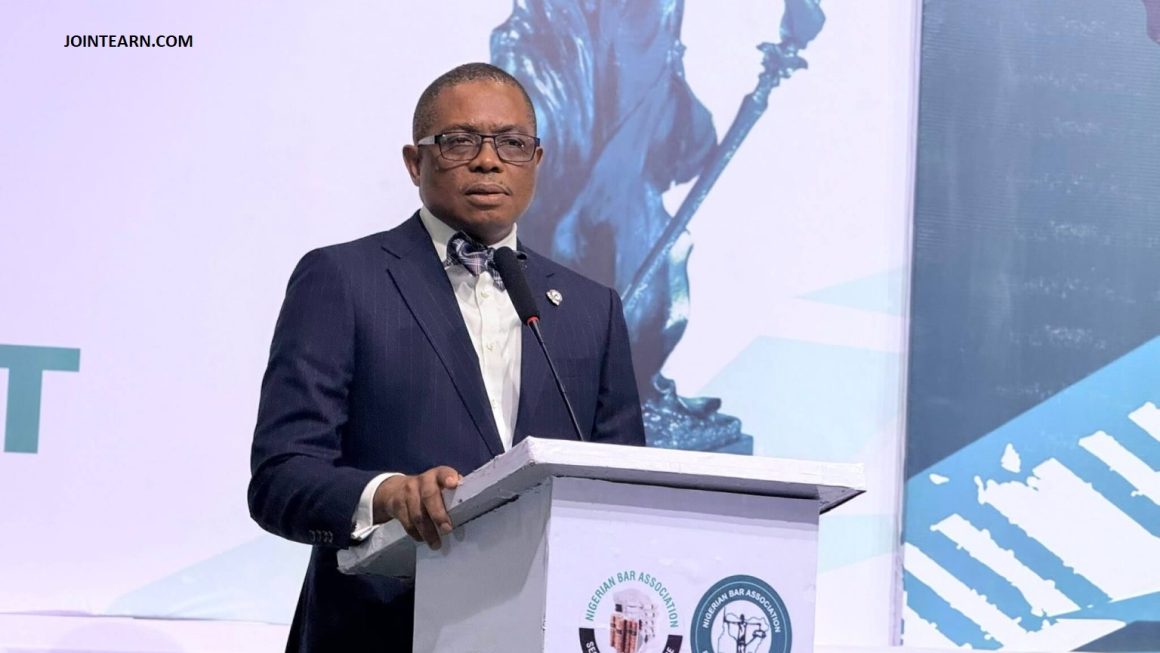The Chief of Army Staff (COAS), Lieutenant General Taoreed Lagbaja, has vowed a firm and immediate military response following a series of coordinated attacks by Boko Haram insurgents that left more than 40 civilians and security personnel dead across multiple communities in Borno State.
Over the weekend, residents in the northeastern state were plunged into mourning as the insurgents launched deadly assaults in at least three local government areas—Gwoza, Konduga, and Damboa—burning homes, looting supplies, and killing innocent people in what has been described as one of the most violent escalations of insurgent activity in recent months.
Speaking on Monday during an emergency press briefing at the Army Headquarters in Abuja, the COAS expressed his deep sorrow over the loss of lives and reiterated the military’s commitment to restoring peace in the region.
“These barbaric and cowardly acts of terrorism will not go unanswered,” Lagbaja said. “We will respond with strategic precision and overwhelming force to dismantle every cell responsible for these atrocities.”
Details of the Attacks
Eyewitness accounts from survivors reveal the chilling nature of the attacks. In Gwoza, at least 18 people were reportedly killed when insurgents stormed the town under the cover of darkness, opening fire indiscriminately and setting homes ablaze. Community leaders said the victims included women, children, and elderly residents who could not flee in time.
In Konduga, gunmen ambushed a convoy believed to be transporting food and medical supplies. According to a security source, ten aid workers and security escorts were killed in the incident, with several others wounded or missing.
Damboa saw the highest death toll, with at least 15 confirmed casualties following a raid on a local market where traders had gathered in the evening. Witnesses said the attackers arrived on motorcycles and in pickup trucks, throwing improvised explosive devices (IEDs) and shooting sporadically.
Several villages have since been deserted, with hundreds of residents fleeing to Maiduguri, the state capital, in search of safety. Relief agencies operating in the area report an increase in internally displaced persons (IDPs), further straining already overburdened camps.
Military Response Underway
Lieutenant General Lagbaja confirmed that additional troops have been deployed to the affected areas to conduct search-and-rescue operations, evacuate wounded civilians, and pursue the attackers. He noted that intelligence units and air surveillance teams have been activated to track the insurgents’ movements and identify their hideouts.
He also hinted at an impending offensive campaign, stating, “We are re-strategizing our counter-insurgency approach. There will be no safe haven for terrorists in any part of this country.”
In coordination with the Nigerian Air Force, the Army has begun aerial reconnaissance missions in key flashpoints, including the Sambisa Forest and the Lake Chad Basin—known strongholds of the Boko Haram and Islamic State West Africa Province (ISWAP) factions.
Political and Public Reactions
President Bola Ahmed Tinubu, currently on an official visit abroad, has reportedly been briefed on the situation and is expected to issue a statement. In the meantime, Vice President Kashim Shettima, who hails from Borno State, visited Maiduguri on Monday to meet with affected families and military commanders.
During his visit, Shettima praised the bravery of the Nigerian Armed Forces and called for greater collaboration between federal and state agencies to ensure the safety of citizens.
“This fight is not just a military one. It is also social, economic, and psychological. We must win it on all fronts,” he said.
Local residents have expressed mixed feelings—some commend the military for its rapid deployment, while others remain skeptical, citing years of repeated attacks despite military presence in the region.
A community leader in Gwoza, Mallam Abba Idris, told reporters, “We appreciate the promises, but what we need is security on the ground—permanent and proactive, not just reactive after attacks.”
Humanitarian Concerns Grow
The surge in violence has reignited concerns among humanitarian groups about the worsening security situation in the northeast. According to the United Nations Office for the Coordination of Humanitarian Affairs (UNOCHA), over 8.4 million people in the region are in need of life-saving assistance.
Following the attacks, several aid organizations temporarily suspended field operations in the affected zones, citing safety concerns for their staff. Some groups have called on the government to prioritize the protection of humanitarian corridors to prevent further disruption of essential services.
Looking Ahead
While the Nigerian military has achieved significant victories in the past, including the elimination of several top Boko Haram commanders, the recent surge in violence raises questions about the resilience and adaptability of the insurgent group.
Security analysts suggest that the group may be attempting to reassert control or undermine government authority, especially in rural areas with weak surveillance and infrastructure.
For now, all eyes remain on the military and its next course of action. General Lagbaja’s vow to respond “decisively and without delay” has set expectations high among Nigerians who are desperate for lasting peace after more than a decade of insurgency that has claimed over 35,000 lives and displaced millions.
As Borno State reels from the aftermath of the recent attacks, communities continue to call not only for security but for justice, accountability, and a long-term strategy that goes beyond military solutions.












